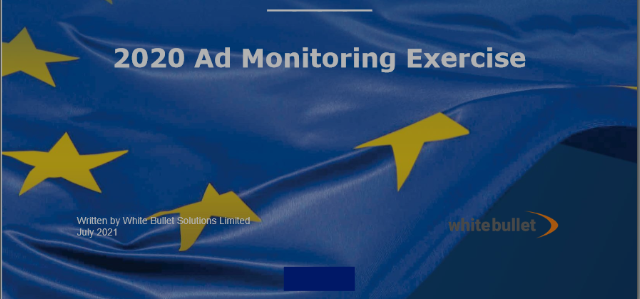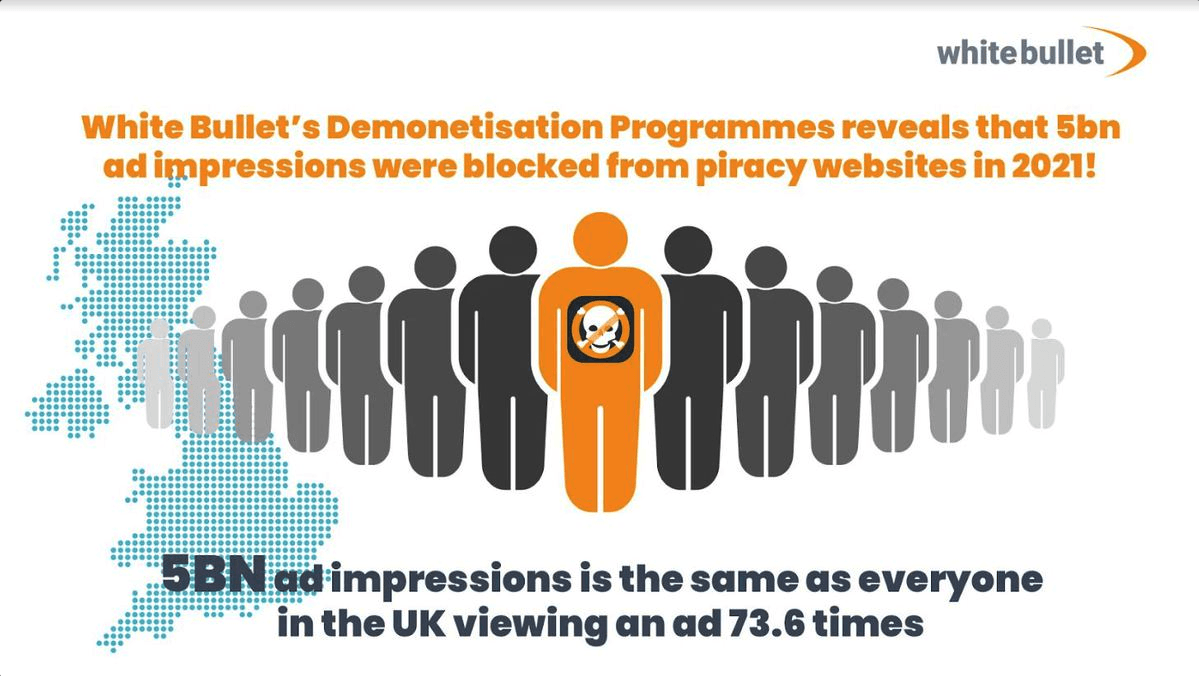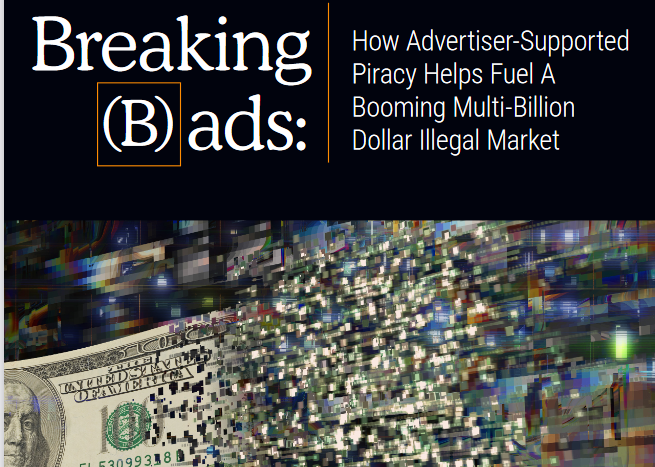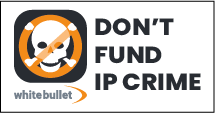A recent study by White Bullet found many premium brands appearing on IP infringing websites.
The past year saw increased pressure from advertisers on exchanges to keep their ads off websites that could cause brand reputational damage.An intensified collective effort within the digital advertising industry has aimed to eliminate the presence of premium branded advertising on fake news, hate speech, and digital piracy sites.After being alerted by brands earlier this year that their advertising was appearing next to inappropriate content on YouTube, ad companies responded by increasing the use of third-party brand safety tools to protect their clients.Beyond YouTube, other publishers have been affected by the crisis. Sites such as Ranker have reported they are being blacklisted by certain exchanges due to some content on their site being deemed high risk to advertisers. Ranker is largely a safe site for advertisers in terms of brand reputational risk, although they do have some user-generated content that can seem questionable when analysed solely on a keyword basis.These third-party tools regularly flag content that is not high risk or resides in a grey area, as well as failing to flag publishers that would unquestionably cause brand reputational damage.Premium branded advertising placed by renowned ad exchanges is regularly found on intellectual property infringing websites. Research conducted by White Bullet found that out of the top 100 global companies by ad expenditure , 70 had their branded advertising appear on piracy sites in 2017. Many of these impressions were placed by major ad companies.Third-party brand safety tools often flag content as inappropriate through a blanket approach to high risk keywords, ignoring the wider context of the publishing site. This lack of contextualisation has left legitimate publishers out in the cold whilst letting risky ones slip through the net.Context-driven dynamic risk scoring tools are required to address the issue of brand reputational risk within the industry.Dynamic risk scoring principles are at the foundation of White Bullet's methodology of identifying piracy sites through their IP Infringement Index (IPI Index™). The IPI Index™ uses artificial intelligence to score publishers as to how infringing and high risk they are. The algorithm that generates the score is based on keyword components but also considers the wider context of the publishing site through harvesting other meta-data.A site will not be deemed infringing just because a certain keyword is present, nor will it be considered safe if no designated keywords can be found. The presence of a keyword triggers a score which builds up depending on the context. Only if the context meets the set threshold will the keyword component factor into the overall risk assessment of the site.Static blacklists and strict keyword driven approaches have failed to address the brand safety crisis. Dynamic risk-scoring solutions need to be expanded throughout the digital advertising ecosystem to eliminate the presence of premium branded advertising on high risk websites.
Get started with IPIP
Collect all your data for unified prevention, detection, and response to digital piracy.
White Bullet has helped over 3,000 brands to avoid funding digital piracy.
With over a billion dollars of ad spend funding IP infringement in 2020, it's time to work with us to stop pirates from using advertising to profit from distributing intellectual property.












